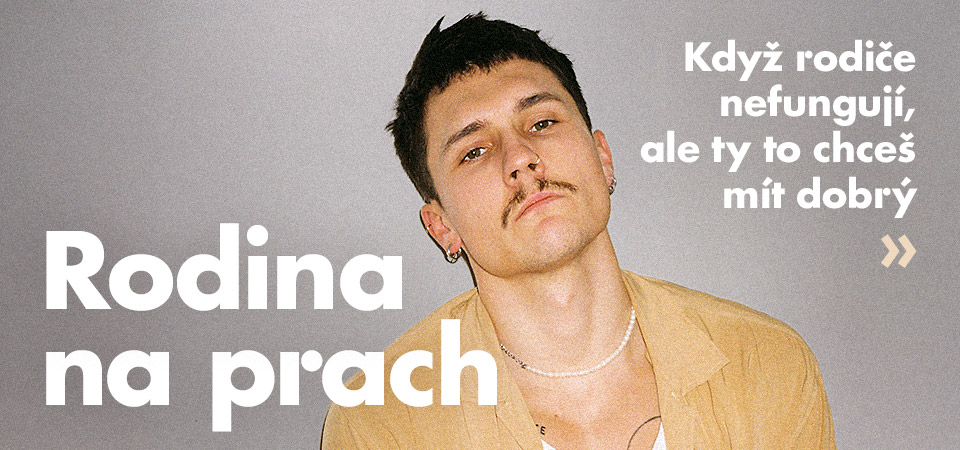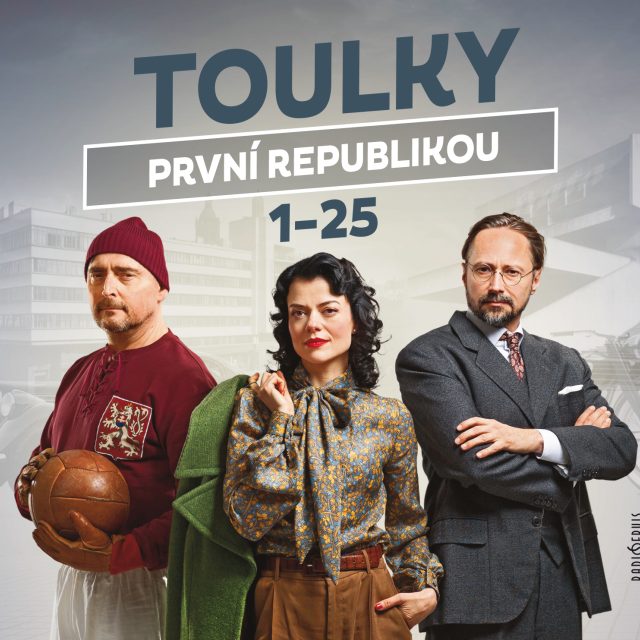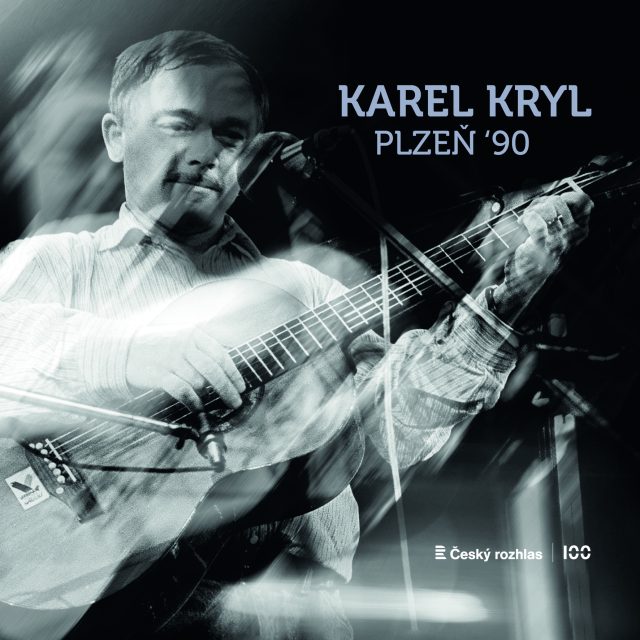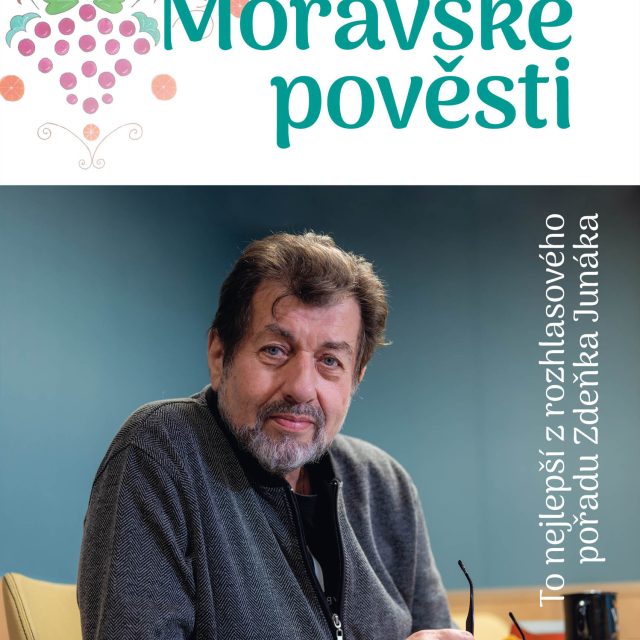Life returns to the island of Utøya. What is the fate of the murdering terrorist?
22 July, 2011 – a day that changed hundreds of lives. Nearly 600 young people were at the summer camp on Utøya island, while several hundred state employees were in the Oslo government district. They all came away from the attacks with lifelong trauma. How has Norway faced its own collective trauma? How did the attacks change Norwegian society? What is the country’s approach to the attacker? What do the survivors think about him? And what is the fate of Utøya island today?
If you mention 22 July to any Norwegian, they will almost certainly be able to tell you exactly what they were doing at the time of the attacks. According to one study, one in three people of the five-and-a-half-million Norwegian population know someone who was directly affected by the events of that day. This is why children’s ombudswoman Bodil Haug says that the attacks are still an open wound for Norway. It reopens every time there is another trial or court procedure with the attacker. He was sentenced for the longest possible prison term of 21 years, with the possibility of an extension if he is deemed to be a lasting threat for society. He can now apply for a conditional extension – and therefore a new trial – every year. And he exercises this right with ironclad regularity.
The media coverage of the trials has been particularly strenuous for the survivors and the bereaved, who are still struggling with the aftereffects of trauma and loss. And some more so than immediately after the attacks. Research by the Centre for Crisis Psychology has shown that half of parents are still dealing with the trauma and its aftermath today. Other research, from the Norwegian Centre for Violence and Traumatic Stress Studies, found that while 12% of survivors were struggling with health consequences immediately after the attacks, eight years later, the number was up to 33%. Moreover, for the parents of survivors, according to Gro Lindstat, secretary of the official support group for people affected by the attacks, the most difficult times came in recent years, when their children started living independently. In many cases, it was only recently that the full impact of the events hit them. Until now, they were concentrated only on caring for their surviving children. There was little room for feeling and reflection.
On the afternoon of July 22nd, 2011, the roughly-thirty-year-old Norwegian far-right extremist Anders Behring Breivik detonated nearly a ton of explosives in a white van parked in the government quarter in the center of Oslo. He killed eight people. Less than two hours later on the island of Utoya, amidst a summer camp organized by the youth wing of the then-ruling Labour Party, he shot dead 69 young people.
Some of these surviving “children” are now returning to Utøya. Some want to see the place that changed their lives forever, others come here to tell their story – like the young lawyer Jørgen, who was the subject of Episode 6 of this podcast series. The fate of the island became one of the subjects of the intense debates that Norwegian society had to have. While some suggested that it should be closed, others insisted that life should return to the island. Today, summer youth camps are once again held on Utøya. Throughout the year, students from all over Norway come to the island for human rights seminars. They discuss democracy, listen to survivors' stories and, little by little, become the next politically engaged generation. What the terrorist hoped for has not come to be. Norway did not give in.
Does Norwegian society bear a national trauma from the attacks? Why did life return to Utøya island? How and in what conditions is the terrorist living today? And what do the survivors think about him? Listen to Episode 7 of the podcast series Surviving Utøya and Oslo.
The series was created in cooperation with the production company Subjektiv, with the support of the Norway Grants and in partnership with the 22 July Center in Oslo.
Nejposlouchanější
Více z pořadu
Mohlo by vás zajímat
E-shop Českého rozhlasu
Vždycky jsem si přál ocitnout se v románu Julese Verna. Teď se mi to splnilo.
Václav Žmolík, moderátor
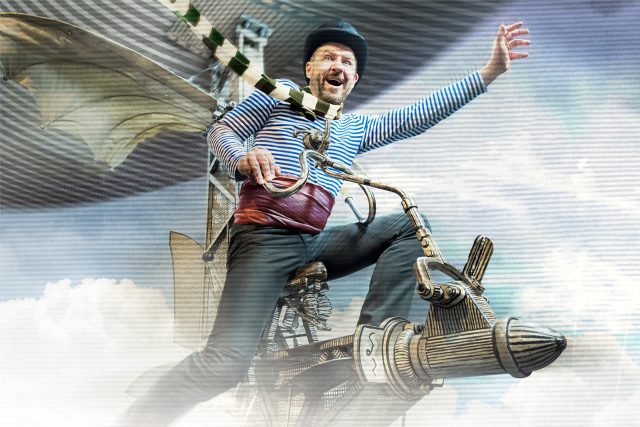
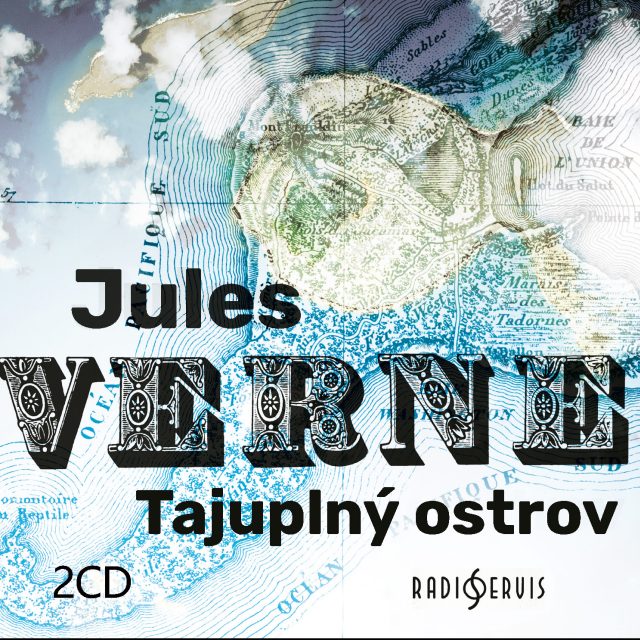
Tajuplný ostrov
Lincolnův ostrov nikdo nikdy na mapě nenašel, a přece ho znají lidé na celém světě. Už déle než sto třicet let na něm prožívají dobrodružství s pěticí trosečníků, kteří na něm našli útočiště, a hlavně nejedno tajemství.

